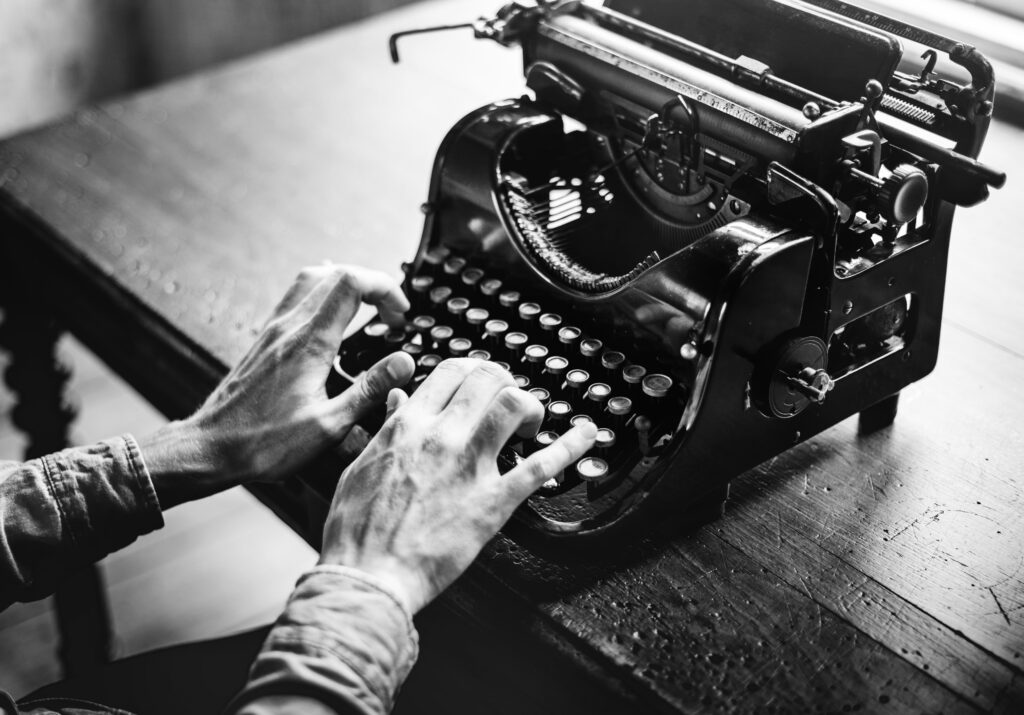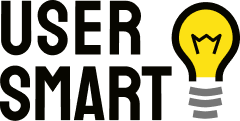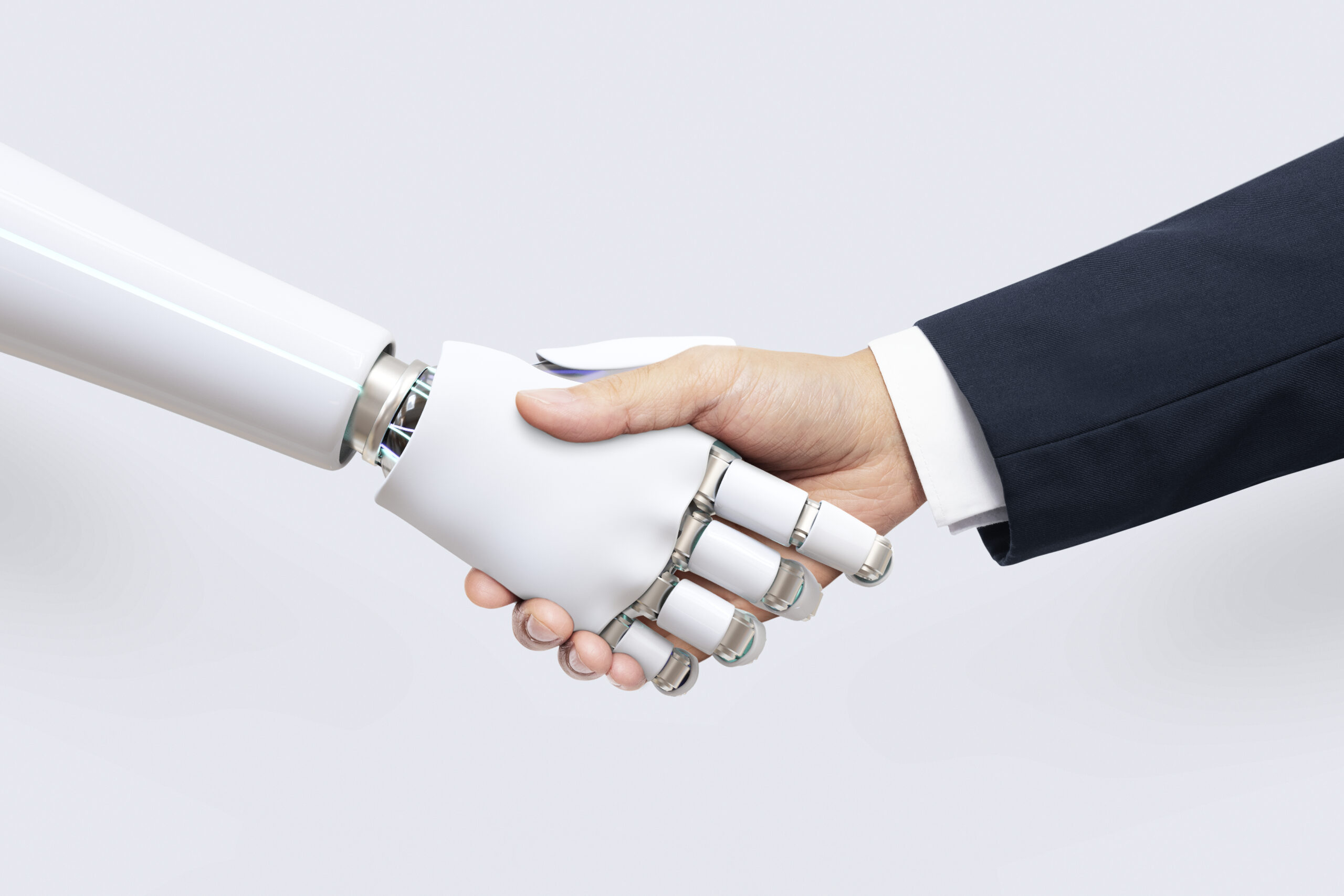“How I lost my job to AI” and “It’s over for software engineers” or “The great AI layoff” are just a few titles of the worrying vlogs and articles flooding social media. Each person has their own perspective on the topic, so I’d like to share my personal experience with AI and offer my own view on the subject.
I only use AI for a few months, but to be honest, the technology is both brand-new and rapidly changing at the same time. It’s hard to draw a conclusion based on only such short period of use. However, I was convinced that this may be something big and important.
What is AI really?
The next internet sensation after chatbot and blockchain? The end of humanity?
I think (for now) AI is the next step of the digital evolution. I might be wrong, but let me explain what drove me to this conclusion.
First, it started with computers. These machines gradually became smaller, smarter and more affordable. With the mass use of personal computers at home, it changed our lives entirely by making digital technology – education, entertainment, work – more accessible, from the comfort of our homes.
Did jobs disappear because of it? Surely did, for example those who did their jobs on paper, manually, got to a choice. Adapt or slowly get phased out. Those secretaries, who wrote letters using a mechanical typewriter, could either adapt to the situation and learn how to do this in a computer or risked to be unemployed soon.

Those who adapted, not only were able to keep their jobs, but able to do much more with the technology.
Then, the next jump came with the smartphones, when we could put these mini-computers combined communication devices – into our pockets. You were no longer tied to the old ways of accessing digital technology from home, but all the sudden, we could take it with us. Plus, it brought a ton of new possibilities by introducing ultra-portable photography, entertainment and internet access to the masses.

Did it kill desktop computers and the jobs of those who were creating and using them? No, it didn’t. It opened up new possibilities to do a lot of things easier and more effectively on a smartphone, and focussed desktop computers on other things they can do the best.
Desktop applications didn’t die all the sudden, they still go strong after decades of the first smartphones. Mobile gaming didn’t kill desktop gaming or consoles. Professional photography and film making still done with cameras instead of smartphones. Even though, the technology evolved a lot, still hasn’t entirely killed off its predecessor. Instead, it changed the rules and made a lot of things more accessible for everyone.
I think AI fits well into this chronology as the next revolutionary digital product. A lot of people might expected the next big thing to be a new tech gadget, something physical, like an AR glass or microchip under our skin (thank god it didn’t happen!), instead it became a service available in softwares. Despite being intangible, AI has all the characteristics of a revolutionary product such as a smartphone in its time, or the first computer.
As early computers made lots of calculations per second, they speeded up manual tasks and opened up an entirely new world by using this power to write programs and execute more complex tasks and functions. As these devices got smaller, using and programming them got easier and faster too. There were more sophisticated softwares and games running on these machines that nobody thought would be possible a few years before. Smartphones put a camera, a music player and the entire internet into our pockets.
And now AI will make generative tasks easier in our digital services.
AI will take your job…
… if your only job was to do generative tasks and if you refuse to adapt. AI’s power lies in doing something simple very fast and precise: Copy & Paste. Analyze and summarize large number of data. Generate ideas based on … existing data. Do the same task on … a large number of items. They copy from a large data source, and paste the output for you. That’s what they do effectively, way faster and with way less mistakes than a human would do manually. But doing that, they can create things that were only possible manually before: “Pasting together” an article, an image, a video, an application.
Will they replace a journalist, an artist, a movie director or a developer? Not really, at least not yet.
AI won’t take your job…
… if your job requires emotional intelligence, creativity, intuition, or human experience. While AI can analyze data, identify trends, it cannot replicate the deep understanding of human needs and emotions that people, humans bring to their work.
AI won’t take your job if you need to solve complex problems, empathizing with people, and create things that are functional, desirable, and impactful. AI won’t come up with an unconventional way of solving a problem. It will rehash and repeat things, never innovate. These human-centric aspects are beyond the capabilities of AI as we know it today. AI is, at best, a tool that supports us.
But it is a great tool to give us ideas what to do next, give us a starting point, a summary – in a matter of seconds. To do the boring, repetitive part in unprecedented precision with a click. So you can focus on adding the human touch to it.
The role of the human touch
While AI can improve many aspects of our work and everyday life, it is the human touch that remains irreplaceable.
Rather than viewing AI as a threat to the professions, it should be seen as a valuable collaborator. It’s a tool that can extend our capabilities, automate tedious tasks, and provide new insights, but the final outcome—the vision, the creativity, and the impact—will always be driven by human expertise.
Take AI’s output as concept to improve it or iterate further, use it fully, partially or maybe for inspiration only. And add the human touch if needed, which completes the picture, adds personality, makes it relevant, and unmistakably human.
AI as a Partner, Not a Rival
In the end, AI is here to make our lives easier. Who likes to do repetitive tasks anyway? Let’s spend the extra time on things AI can’t provide.
As with every new and exciting technology, people need to learn what AI really is and what it is capable of. We humans need to demonstrate where we’d got to with a task without the help of AI, and also, what did we add to it. That could help everyone to learn, understand and embrace this power and the limitation of the technology.
People who embrace it will find that AI complements their skills and helps them achieve higher levels of creativity, efficiency, and precision.
All the things that would actually prevent anyone losing their job.

